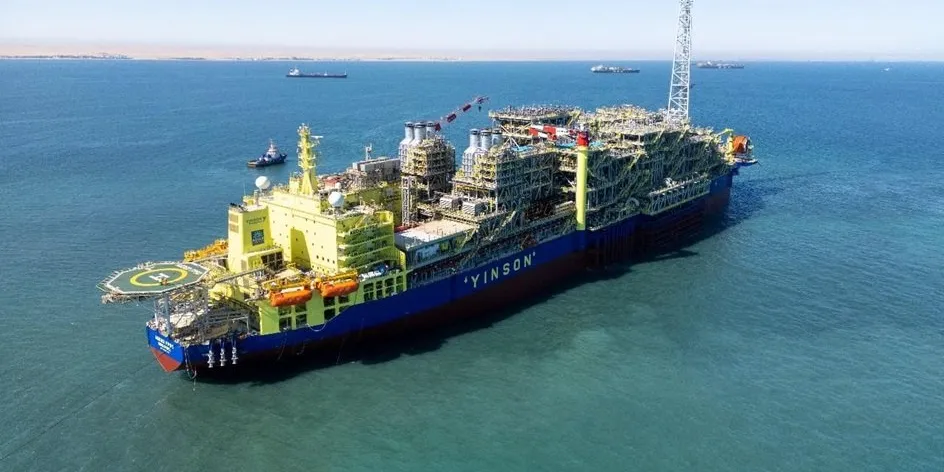FPSOs Go Green: How Cutting-Edge Tech is Revolutionizing Floating Production

FPSOs: The Unsung Heroes of Deepwater Oil & Gas
Floating Production, Storage, and Offloading (FPSO) vessels are vital components of modern deepwater oil and gas exploration. These colossal structures – essentially floating oil platforms – process, store, and transfer oil and gas, enabling access to resources previously out of reach. As the industry faces increasing pressure to minimize its environmental impact and maximize operational efficiency, FPSOs are undergoing a significant transformation, driven by innovative technologies.
The Challenge: Balancing Production with Sustainability
Traditionally, FPSO operations have been energy-intensive and generated considerable waste. However, the growing global focus on sustainability and stricter environmental regulations have spurred contractors to seek greener, smarter solutions. The challenge lies in maintaining high production levels while drastically reducing emissions, minimizing waste, and ensuring the safety of operations.
Technology at the Forefront: A Wave of Innovation
The good news is that technological advancements are providing powerful tools to address these challenges. Here's a look at some key areas where innovation is making a difference:
- Power Generation Efficiency: New generation gas turbines and combined cycle power plants are significantly more efficient than older models, reducing fuel consumption and emissions. Furthermore, the integration of renewable energy sources like solar and wind power is gaining traction, further decarbonizing FPSO operations.
- Wastewater Treatment: Advanced membrane technologies and biological treatment systems are enabling FPSOs to treat wastewater to stringent environmental standards, minimizing the discharge of pollutants into the ocean.
- Carbon Capture and Storage (CCS): While still in its early stages, CCS technology is being explored for FPSOs, offering the potential to capture CO2 emissions directly from the vessel and store them safely, significantly reducing their carbon footprint.
- Digitalization and Automation: Real-time data analytics, AI-powered predictive maintenance, and automated process control are optimizing operations, reducing energy consumption, and preventing equipment failures. Digital twins, virtual replicas of the FPSO, allow for simulations and optimization without impacting live operations.
- Closed-Loop Systems: Implementing closed-loop systems for water and chemical usage minimizes waste and reduces the reliance on external resources. This includes recycling water for various processes and optimizing chemical dosages.
- Improved Hull Design & Materials: Advanced hull designs and the use of lighter, stronger materials reduce fuel consumption and improve stability, contributing to overall efficiency.
The Future of FPSOs: A Sustainable and Efficient Landscape
The transformation of FPSOs is not just about compliance; it's about creating a more sustainable and economically viable future for the offshore oil and gas industry. By embracing these cutting-edge technologies, FPSO operators can reduce their environmental impact, improve operational efficiency, and enhance safety, all while contributing to a more responsible energy landscape. As technology continues to evolve, we can expect even more innovative solutions to emerge, further solidifying the role of FPSOs as vital assets in the global energy supply chain.
Looking Ahead
The journey towards greener and smarter FPSOs is ongoing. Continued investment in research and development, coupled with collaboration between industry stakeholders and technology providers, will be crucial to unlocking the full potential of these vessels and ensuring a sustainable future for offshore energy production.





